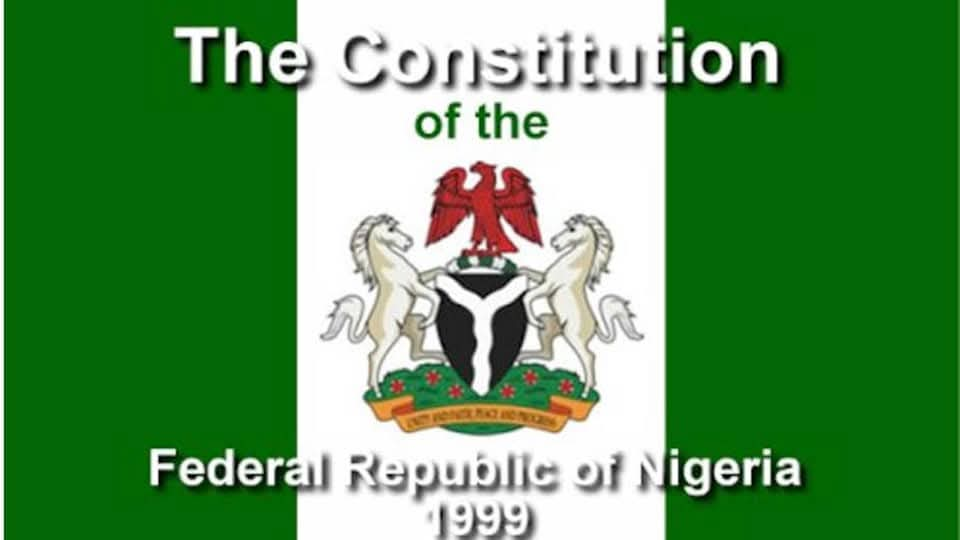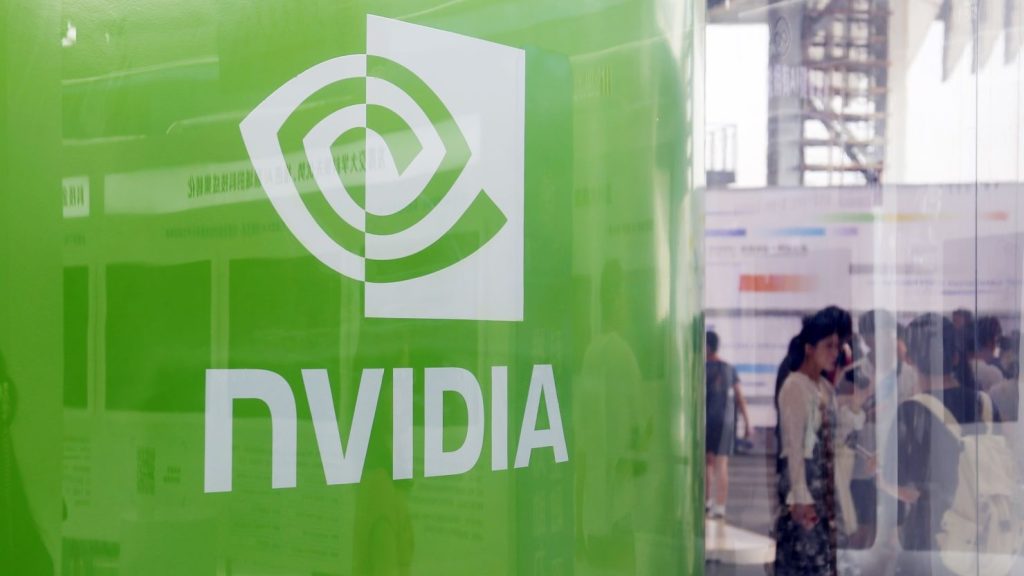World
Monopoly: U.S court indicts Google for search market control

A federal judge in the U.S. District Court for the District of Columbia has ruled that Google violated anti-trust laws by maintaining an online search monopoly.
Judge Amit Mehta concurred with the Department of Justice (DOJ), August 5, 2024, that Google holds a monopoly in “general search services” and search text ads.
The ruling noted that Google controls about 90% of the online search market and 95% on smartphones, concluding a years-long case.
In 2020, the DOJ sued Google over its dominance in online search.
This marked the first time in a generation that the U.S. government accused a major corporation of illegal monopoly practices.
The court ruling stated that it had violated Section 2 of the Sherman Act.
”After having carefully considered and weighed the witness testimony and evidence, the court reached the following conclusion.
”Google is a monopolist, and it has acted as one to maintain its monopoly”, per the court’s ruling.
Google’s President of Global Affairs, Kent Walker, announced that the company plans to appeal Judge Mehta’s ruling.
The statement noted that while the decision acknowledged Google’s superior search engine, it concluded that such availability should be restricted.
“As this process continues, we will remain focused on making products that people find helpful and easy to use”, Walker said.
Google’s future will be decided in the next phase, which might include solutions like breaking up its parent company, Alphabet.
The DOJ and Google will start their next antitrust trial on September 9, 2024, in Virginia.
The case will focus on whether Google has illegally monopolized advertising technology.
Therefore, Amazon, Apple, and Meta will each face monopolization lawsuits from the U.S. government.
Allegations against Google
The DOJ’s lawsuit against Google centers on a series of exclusionary agreements that effectively lock up primary channels through which users access search engines.
Google faces accusations of securing a monopoly by:
Exclusive agreements: Google allegedly forged deals with companies like Apple, requiring Google to be the default search engine on devices such as iPhones and iPads.
These agreements often prohibit preinstallation of rival search engines, ensuring Google’s dominant position.
Tying arrangements: Google also mandated the preinstallation of its search applications on mobile devices, making them undeletable.
This strategy further stifles competition by making it difficult for consumers to switch to other services.
Profit-driven preferences: Google faces accusations of using its huge profits to secure special treatment, which helped it maintain market power in a self-perpetuating cycle.
Court’s findings and implications
Judge Mehta’s 286-page ruling underscored that Google controls approximately 90% of the search market, including 94.9% on mobile devices.
The court concluded that these practices hinder competition, stifling innovation and harming consumers.
The DOJ has argued that such behavior reduces the ability of new and innovative companies to enter the market and challenge Google’s dominance.
The court’s decision paves the way for potential remedies, including structural changes to Google’s business operations.
While the DOJ has not specified the exact remedies it seeks, it has hinted at the possibility of breaking up Google’s various business units.
The office will impose restrictions to prevent anti-competitive conduct, particularly as emerging technologies like artificial intelligence advance.
Google’s response and next steps
Google plans to appeal the decision, defending its practices as providing the best search engine experience for consumers.
However, the ruling signals growing regulatory scrutiny of big tech companies, with ongoing cases against Meta, Amazon, and Apple.
As this case moves towards a potential remedy phase, it marks a critical juncture in regulating digital markets.
It highlights the importance of maintaining competition and protecting consumer choice in the technology sector.
This historic ruling challenges Google’s business practices and sets a precedent for future antitrust actions in the digital economy.
It reaffirms the importance of antitrust laws in the modern tech landscape.
For Diaspora Digital Media Updates click on Whatsapp, or Telegram. For eyewitness accounts/ reports/ articles, write to: citizenreports@diasporadigitalmedia.com. Follow us on X (Fomerly Twitter) or Facebook











